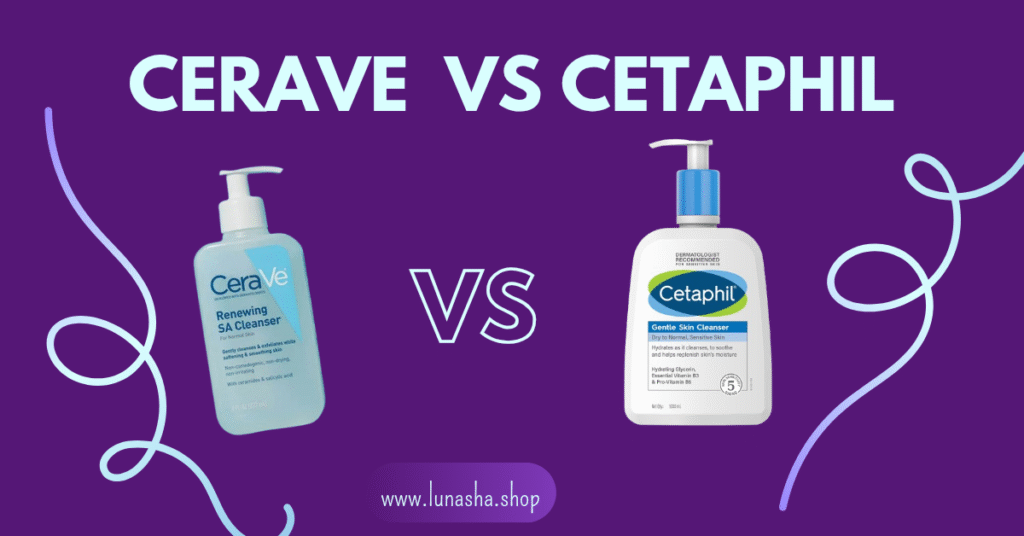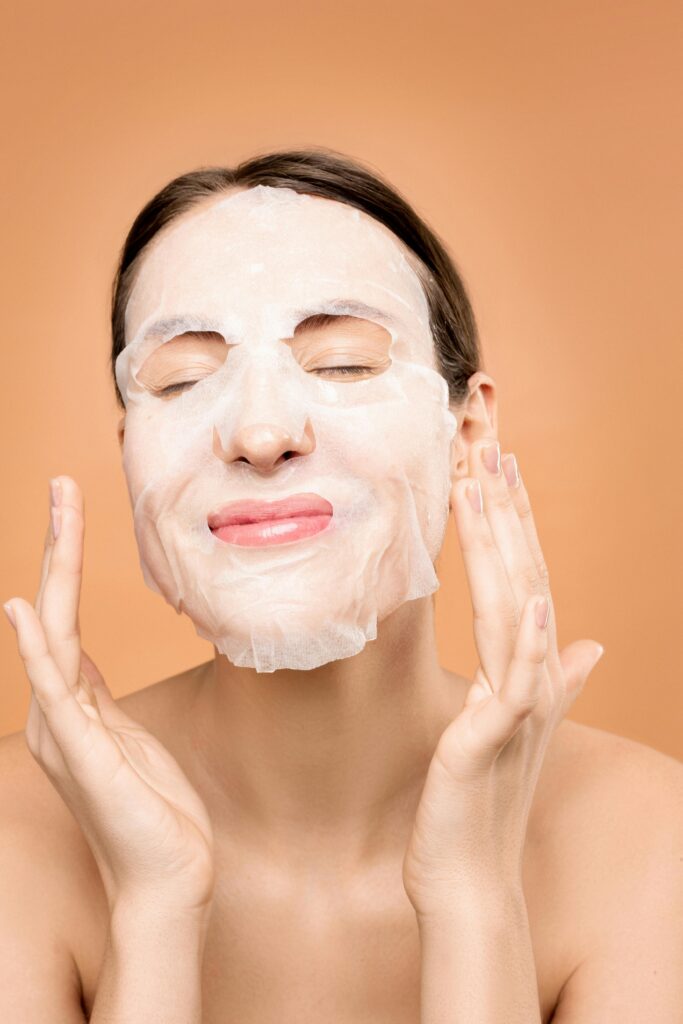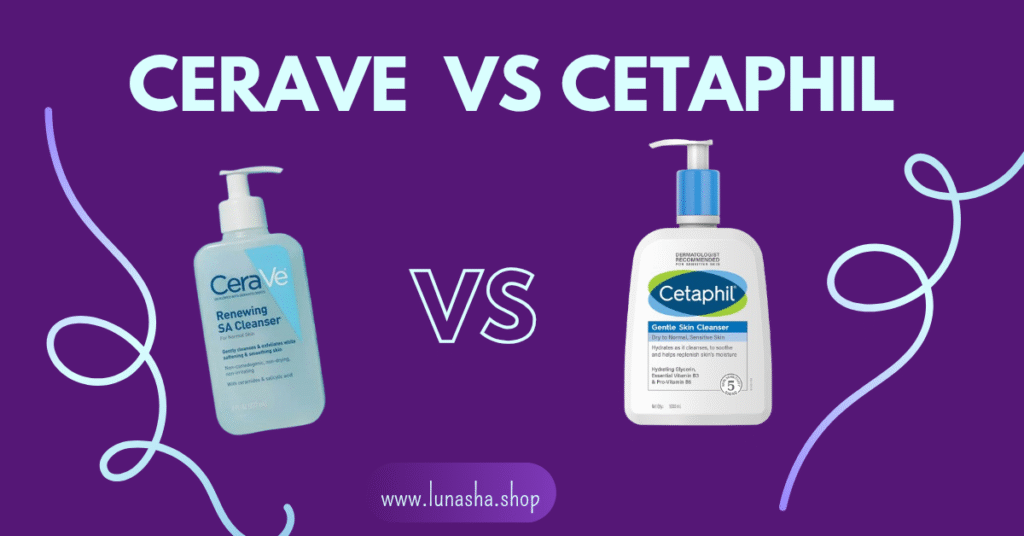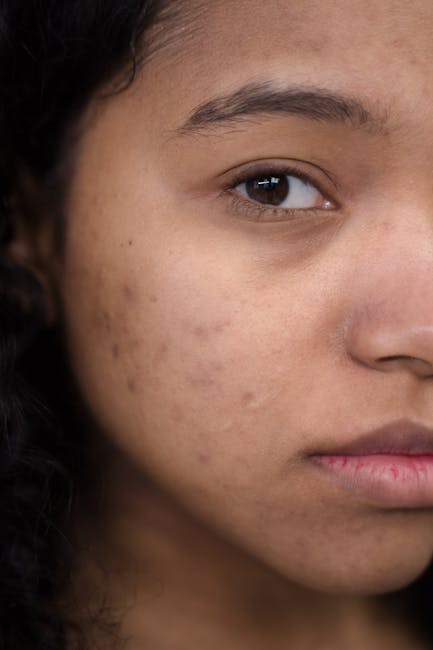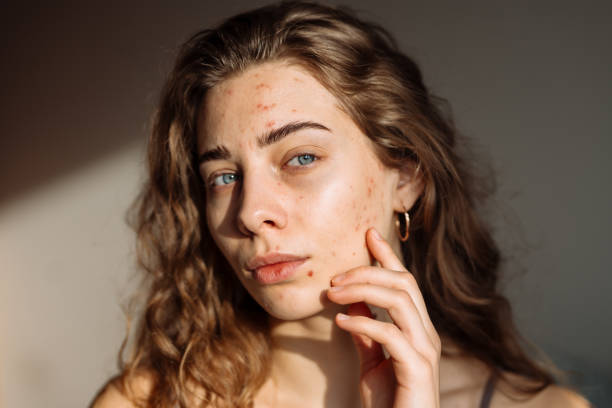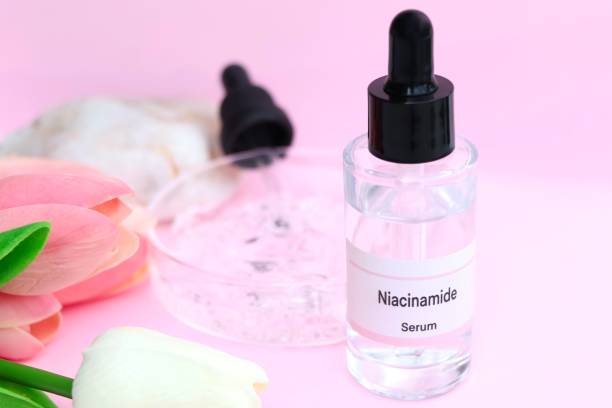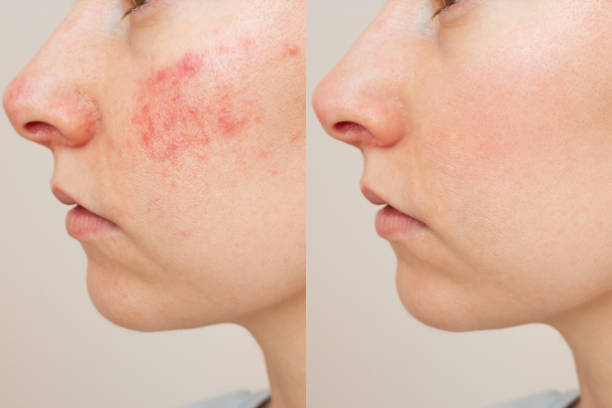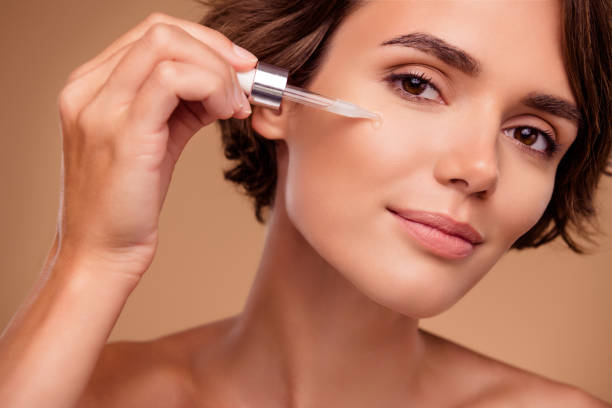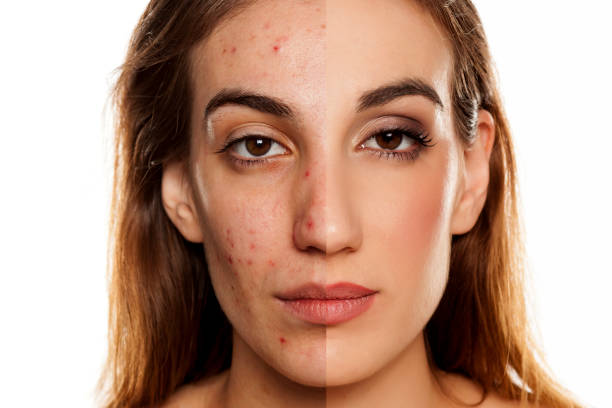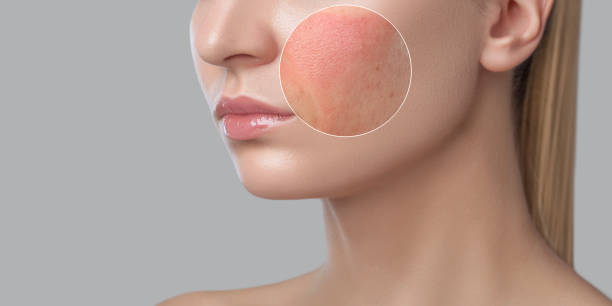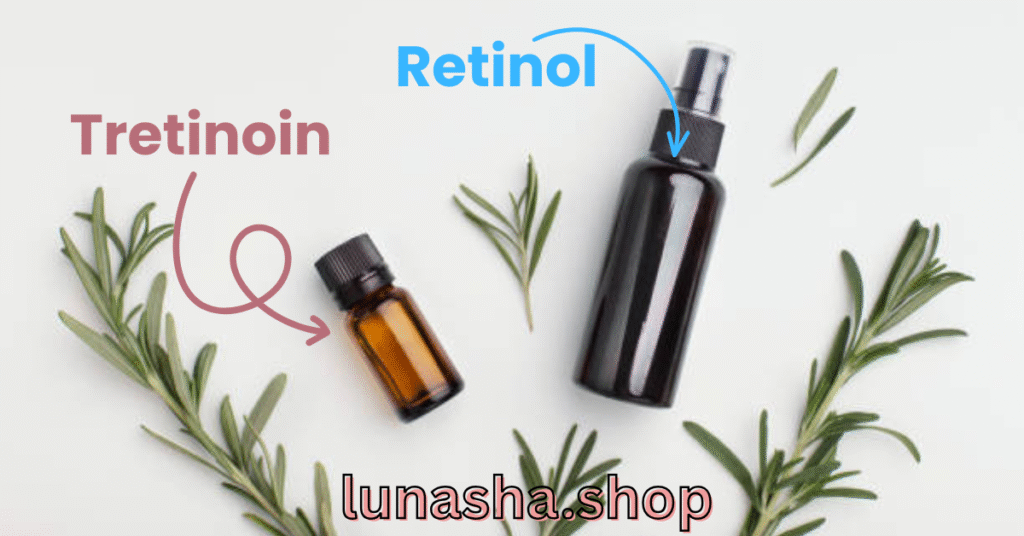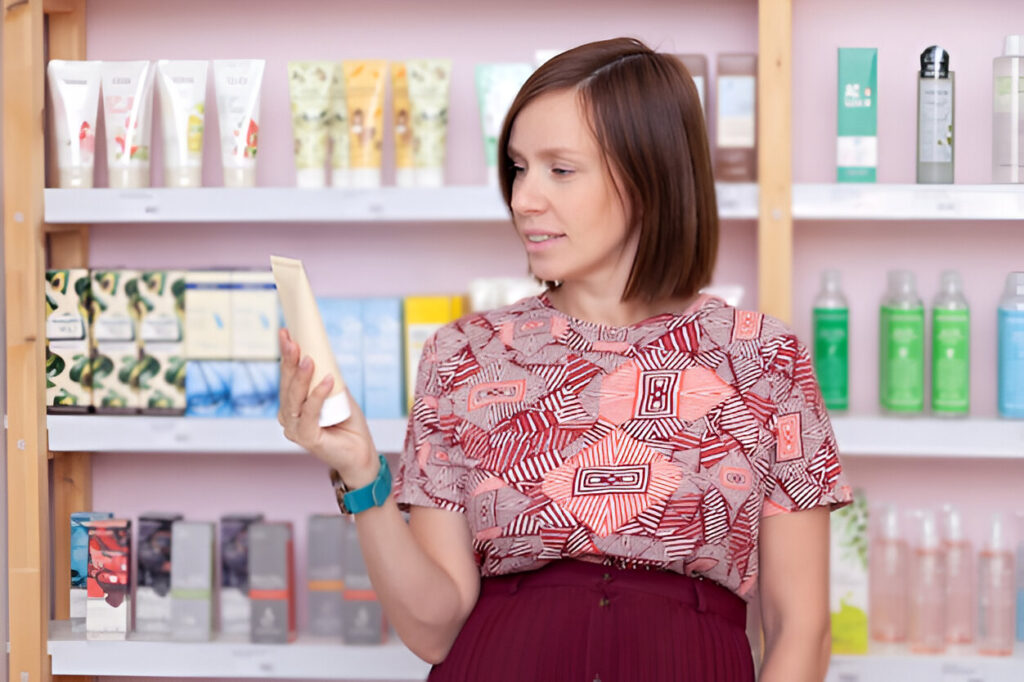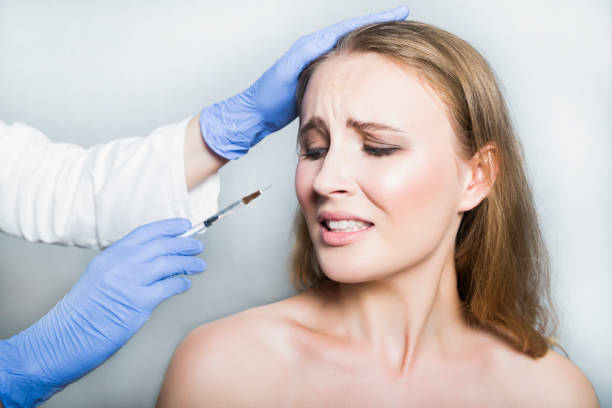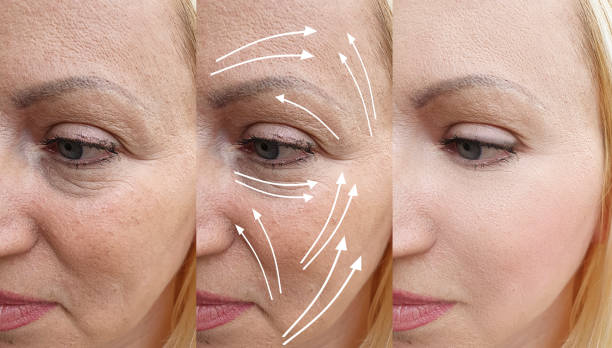Best Retinol for Acne Scars 2025
The Day I Looked in the Mirror and Cried
Let me tell you about the moment that changed everything. It was March 2022, and I was getting ready for my cousin’s wedding. I’d been battling acne for years, but what really got to me wasn’t the active breakouts anymore – it was the aftermath. My cheeks looked like a topographical map of craters and dark spots. The lighting in that hotel bathroom was brutal, and I just broke down crying.
That’s when I knew I had to get serious about tackling my acne scars. I’d tried everything from expensive dermatologist treatments to sketchy DIY remedies I found on TikTok. But nothing seemed to work until I discovered the game-changing power of retinol for acne scars.
What I Wish Someone Had Told Me About Retinol for Acne Scars
Here’s the thing about retinol that nobody really explains properly – it’s not just some fancy anti-aging ingredient that celebrities use. Retinol is a natural vitamin A derivative that can be an effective ingredient for treating acne and acne scars. The way it works is pretty amazing when you understand the science behind it.
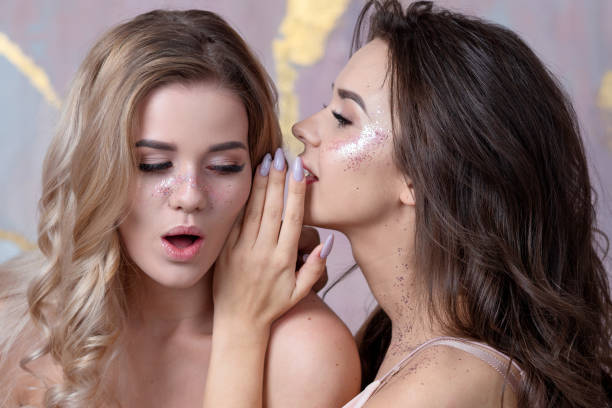
Because it increases cell turnover, retinol resurfaces the skin to smooth acne marks and scars and even hyperpigmentation while improving its overall texture. Basically, it’s like having a microscopic construction crew working on your face every night, tearing down the old damaged skin cells and building up fresh new ones.
But here’s what I learned the hard way – not all retinol products are created equal, especially when it comes to acne scars. You need the right concentration, the right formulation, and honestly, the right mindset because this journey takes time.
My Epic Retinol Failures (And What They Taught Me)
Before I found the products that actually worked, I made some pretty spectacular mistakes. My first attempt was with this random retinol cream I picked up at the drugstore for like $12. I figured, “Hey, retinol is retinol, right?” Wrong. So incredibly wrong.
I slathered it on every night thinking more would be better. Within a week, my face looked like I’d been attacked by an angry lobster. The peeling was so bad that my coworkers started asking if I was okay. I had to take a week off work because I was too embarrassed to leave the house.
That’s when I learned about something called “retinol uglies” – and trust me, they’re real. Your skin gets worse before it gets better, but there’s a difference between normal adjustment and straight-up chemical burn territory.
The Science Behind Why Retinol Actually Works for Acne Scars
Let me break this down in simple terms because understanding this changed everything for me. With the ability to increase cell turnover, using retinol for acne scars can be effective in reducing their appearance.
Think of your skin like a busy restaurant kitchen. Normally, your skin cells have a pretty slow turnover rate – about 28 days for the whole cycle. But acne scars happen when your skin doesn’t heal properly, leaving behind uneven texture and discoloration.
Retinol basically becomes the head chef, speeding up the whole operation. It tells your skin cells to get moving, clearing out the old damaged cells faster and making room for fresh, healthy ones. Research suggests that retinol, by accelerating cell turnover and boosting collagen synthesis, can significantly diminish the visibility of acne scars over time.
The collagen boost is huge too. Collagen is like the scaffolding that keeps your skin plump and smooth. Acne scars happen when this scaffolding gets damaged, creating those little dips and valleys. Retinol helps rebuild that foundation.
The Best Retinol Products for Acne Scars That Actually Work (2025 Edition)
After years of trial and error, here are the products that genuinely made a difference in my acne scarring journey:
CeraVe Resurfacing Retinol Serum: My Ride-or-Die
This was the product that finally convinced me retinol wasn’t just hype. CeraVe Resurfacing Retinol Serum helps smooth your skin’s texture by reducing the appearance of post-acne marks, minimizing the look of pores and improving your skin’s surface.
What I love about this serum is that it’s not just retinol – it’s got niacinamide and licorice root extract too. The niacinamide helps calm down any irritation, while the licorice root works on those stubborn dark spots. It’s like having a whole skincare routine in one bottle.
I started using this three times a week and worked my way up to nightly use over about six weeks. The texture is lightweight and doesn’t pill under moisturizer, which was a huge problem I had with other products.
Differin Gel: The Over-the-Counter Prescription Alternative
In 2016, the FDA approved Differin Gel for the over-the-counter acne treatment. Dr. Caren Campbell, a board-certified dermatologist based in California’s Bay Area, says that Differin — which has 0.1% adapalene in its formula — is a good over-the-counter retinoid option for those looking for something stronger than retinol.
This stuff is no joke. Adapalene is technically a retinoid, not retinol, but it works similarly and is way more potent. I used this when my CeraVe serum stopped giving me results after about eight months. Your skin can get used to retinol over time, so sometimes you need to level up.
The adjustment period was rough – I’m talking about three weeks of flaky, angry skin. But once I got through that, the results were incredible. My deeper acne scars started to look less pronounced, and my skin texture improved dramatically.
Glow Recipe Blackberry Retinol Blemish Serum: The Gentle Giant
Our favorite overall retinol serum is Glow Recipe’s Blackberry Retinol Blemish Serum, a lightweight serum that smooths fine lines and improves skin texture.
This one’s perfect if you’re dealing with active breakouts alongside your acne scarring. The blackberry extract has antioxidants that help calm inflammation, while the retinol works on the scarring. It’s pricier than the CeraVe option, but sometimes you get what you pay for.
I use this during my “gentler” weeks when my skin needs a break from the stronger stuff. It’s like giving your skin a spa day while still working on those scars.
How to Use Retinol for Acne Scars Without Destroying Your Face
This is where I really want to save you from making my mistakes. Here’s the protocol that actually works:
Start Slow, Like Really Slow
I know you’re excited to see results, but patience is everything with retinol. Start with the lowest concentration you can find – 0.25% or 0.5%. Use it once a week for the first month. I’m serious about this. Your skin needs time to adjust.
The Sandwich Method Changed My Life
My dermatologist taught me this trick after my first retinol disaster. Apply a thin layer of moisturizer, then your retinol, then another layer of moisturizer. This creates a buffer that prevents irritation while still allowing the retinol to work.
Never, Ever Skip Sunscreen
Retinol makes your skin more sensitive to sun damage. I learned this the hard way during a beach vacation where I ended up looking like a tomato despite wearing what I thought was enough sunscreen. Use SPF 30 minimum, every single day, even if you’re just going to the mailbox.
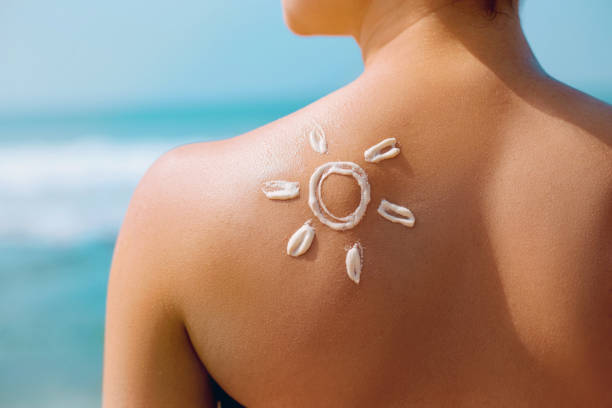
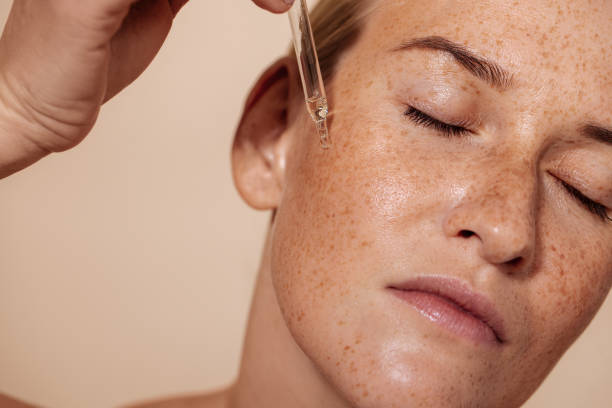
The Purging Phase is Real (But Temporary)
Around week 2-4, your skin might look worse than when you started. This is called purging, and it’s actually a good sign. Your skin is bringing all the deep-seated gunk to the surface. It sucks, but it means the retinol is working.
I kept a daily photo journal during this phase, which helped me see that even though I felt like my skin was getting worse, it was actually improving gradually.
Combining Retinol with Other Ingredients (What Works and What Doesn’t)
This is where things get tricky. Glycolic acid is a form of alpha-hydroxy acid that works as a chemical exfoliant. Alternating glycolic acid and retinol might work well to reduce the appearance of dark spots and scars from acne. But they can both irritate your skin.
I tried using glycolic acid and retinol together early in my journey, and it was a disaster. My skin couldn’t handle both at the same time. What works better is alternating – retinol at night, glycolic acid in the morning, or using them on different days.
What Plays Well with Retinol:
- Niacinamide: This is a dream team combo. Niacinamide calms irritation while retinol does its thing.
- Hyaluronic Acid: Essential for keeping your skin hydrated during the adjustment period.
- Ceramides: These help repair your skin barrier, which can get compromised when you first start using retinol.
What to Avoid:
- Benzoyl Peroxide: This combination can cause severe irritation and actually make both ingredients less effective.
- Vitamin C: While not dangerous, using them together can cause irritation and reduce effectiveness.
- Other Acids: Save the glycolic acid, salicylic acid, and lactic acid for separate routines.
The Timeline: What to Expect and When
Let me be real with you about timelines because this is where a lot of people give up. Retinol for acne scars is not a quick fix. It’s a marathon, not a sprint.
Weeks 1-2: The Honeymoon Phase
Your skin might actually look better initially. This is because retinol has some immediate brightening effects. Don’t get too excited – the real work is just beginning.
Weeks 2-6: The Purging Phase
This is when you’ll question everything. Your skin might break out more than usual, and you’ll probably have some peeling and redness. I went through two tubes of concealer during this phase.
Weeks 6-12: The Adjustment Period
Your skin starts to get used to the retinol. The active breakouts should calm down, and you might start to see some improvement in texture. The key here is consistency.
Months 3-6: The Real Results
This is when the magic happens. Your acne scars should start to look less pronounced, and your overall skin texture should improve significantly. I started getting compliments on my skin around month 4.
Months 6+: Maintenance Mode
After six months, you should have a good idea of what your skin can handle. This is when you might consider upgrading to a stronger concentration or prescription retinoid.
My Current Routine (And Why It Works)
After three years of experimentation, here’s what actually works for my acne-scarred skin:
Monday, Wednesday, Friday: CeraVe Resurfacing Retinol Serum Tuesday, Thursday: Glycolic acid toner (The Ordinary) Saturday: Differin Gel (my power day) Sunday: Rest day with just gentle cleanser and moisturizer
Every Morning:
- Gentle cleanser
- Vitamin C serum (wait 30 minutes before retinol the night before)
- Moisturizer with SPF 30
This routine took me about a year to perfect, and I still make adjustments based on how my skin is feeling.
The Mistakes Everyone Makes (And How to Avoid Them)
Mistake #1: Using Too Much, Too Soon
I see this constantly in skincare Facebook groups. People start with 1% retinol every night and wonder why their face is peeling off. Start with the lowest concentration and work your way up over months, not weeks.
Mistake #2: Expecting Immediate Results
Retinol is not Instagram-filter magic. It takes time to rebuild your skin from the inside out. I didn’t see real improvement in my acne scars until month 4, and I almost gave up at month 2.
Mistake #3: Inconsistent Use
Using retinol sporadically is like going to the gym once a week and expecting to get ripped. Your skin needs consistent, regular exposure to adapt and improve.
Mistake #4: Neglecting Moisturizer
Retinol can be drying, especially when you’re first starting. I learned this lesson when my skin started producing more oil to compensate for the dryness, leading to more breakouts.
When to See a Dermatologist
Look, I’m all for DIY skincare, but there are times when you need professional help. For severe cases of acne scarring, we suggest speaking to a healthcare professional or dermatologist. They can recommend a course of treatments based on your specific needs.
If you have deep, ice-pick scars or severe texture issues, over-the-counter retinol might not be enough. I spent two years trying to DIY my way out of some deeper scars before finally seeing a dermatologist who recommended prescription tretinoin and some in-office treatments.
Signs you should see a professional:
- No improvement after 6 months of consistent retinol use
- Severe irritation that doesn’t improve
- Deep, pitted scars that don’t respond to topical treatments
- Hyperpigmentation that’s getting worse instead of better
The Real Talk About Cost and Commitment
Let’s be honest about the money aspect because good skincare isn’t cheap. I probably spent about $200 in my first year trying different retinol products. The CeraVe serum costs about $18 and lasts about 6 weeks with nightly use. Differin is around $15 and lasts about 3 months.
But here’s the thing – when you compare that to the cost of professional treatments (I priced out laser therapy at $1,500 for a series), retinol is actually pretty affordable. Plus, you’re investing in your skin for the long term.
The Emotional Side of Acne Scars
Nobody really talks about this part, but acne scars mess with your head. I avoided mirrors for months, stopped taking photos, and turned down social events because I was so self-conscious.
Using retinol gave me back some control over my skin, but the emotional healing took longer than the physical healing. Even now, with significantly improved skin, I still have days where I see those old scars more clearly than others.
The key is remembering that perfect skin doesn’t exist, and progress is more important than perfection. My skin now is probably 80% better than it was three years ago, and that’s honestly life-changing.
Product Recommendations for Different Budgets
Budget-Friendly Options ($15-30):
- CeraVe Resurfacing Retinol Serum
- Differin Gel
- The Ordinary Retinol 0.5% in Squalane
Mid-Range Options ($30-60):
- Glow Recipe Blackberry Retinol Blemish Serum
- Paula’s Choice Clinical 0.3% Retinol Serum
- Neutrogena Rapid Wrinkle Repair
High-End Options ($60+):
- Alastin Retinol Renewal
- SkinCeuticals Retinol 1.0
- Drunk Elephant A-Passioni Retinol Cream
Honestly, I’ve tried products from all these price ranges, and the mid-range options usually give you the best bang for your buck. The expensive stuff isn’t always better – sometimes you’re just paying for fancy packaging.
The Bottom Line: Is Retinol Worth It for Acne Scars?
After three years of consistent use, multiple products, and probably too much money spent, here’s my honest answer: yes, but with realistic expectations.
Retinol won’t erase your acne scars completely, but it can significantly improve their appearance. My deeper scars are still visible, but they’re much less pronounced. The texture of my skin has improved dramatically, and the hyperpigmentation is mostly gone.
More importantly, retinol gave me my confidence back. I can leave the house without makeup now, which was unthinkable three years ago. I take photos again, and I don’t spend ten minutes examining my skin in every mirror I pass.
Final Thoughts and Encouragement
If you’re reading this because you’re struggling with acne scars, I want you to know that there is hope. It’s not going to be quick, and it’s not going to be easy, but it is possible to improve your skin significantly.
The key is finding the right product for your skin type, starting slowly, being consistent, and having realistic expectations. Don’t compare your month 1 to someone else’s month 12. Your skin is unique, and your journey will be too.
Remember to be patient with yourself and your skin. Some days will be better than others, and that’s okay. The important thing is to keep going and not give up when things get difficult.
Your skin will thank you for the investment in the long run, and more importantly, you’ll thank yourself for not giving up on feeling comfortable in your own skin.
Frequently Asked Questions
Q: How long does it take to see results from retinol for acne scars? A: Most people start seeing noticeable improvement in acne scars after 3-6 months of consistent use. However, some texture improvements may be visible as early as 6-8 weeks.
Q: Can I use retinol if I have sensitive skin? A: Yes, but start with a very low concentration (0.25%) and use it only once or twice a week initially. Consider using the sandwich method with moisturizer to buffer the retinol.
Q: Should I use retinol every night for acne scars? A: Not initially. Start with 1-2 times per week and gradually increase frequency as your skin adjusts. Most people can eventually use retinol nightly, but some prefer every other night.
Q: What’s the difference between retinol and retinoids for acne scars? A: Retinoids (like adapalene in Differin) are generally stronger and more effective than retinol but can cause more irritation. Retinol is gentler and available over-the-counter.
Q: Can retinol make acne scars worse? A: During the purging phase (weeks 2-6), your skin may look worse temporarily as retinol brings underlying impurities to the surface. This is normal and should improve with continued use.
Q: What should I do if my skin gets too irritated from retinol? A: Reduce frequency of use, ensure you’re using adequate moisturizer, and consider using a lower concentration. If irritation persists, discontinue use and consult a dermatologist.
Q: Can I use retinol with other acne treatments? A: Be cautious combining retinol with other active ingredients like benzoyl peroxide or acids. It’s often better to use them on alternating days or at different times of day.
Q: Is expensive retinol better for acne scars? A: Not necessarily. Many drugstore retinol products are just as effective as high-end options. The key is finding the right concentration and formulation for your skin type.
Q: When should I upgrade to a stronger retinol concentration? A: After 3-6 months of consistent use without irritation, you may consider increasing concentration. However, some people get great results staying with lower concentrations long-term.
Q: Can I use retinol during pregnancy for acne scars? A: No, retinol and retinoids should be avoided during pregnancy and breastfeeding. Consult your healthcare provider for safe alternatives during this time.
CeraVe vs Cetaphil: My 2-Year Journey Testing Both Brands (And Why I’ll Never Go Back)
The Great Skincare Debate That Changed My Life Picture this: I’m standing in the skincare…
I Tested Paula’s Choice BHA for Acne Scars – 3 Month Results
Introduction Let me be honest with you right off the bat – I was that…
CeraVe vs Cetaphil Cleanser: My 5-Year Journey to Perfect Skin (And Why I Finally Chose a Winner)
I still remember standing in that Target aisle back in 2019, completely overwhelmed by the…
My Journey with Moderate Acne Scars: Prevention, Treatment, and Hard-Learned Lessons
Moderate acne scars prevention The Day I Realized My Scars Weren’t Going Away on Their…
Best Retinol for Acne Scars 2025: My Journey from Pizza Face to Clear Skin (And the Products That Actually Worked)
Best Retinol for Acne Scars 2025 The Day I Looked in the Mirror and Cried…
Can You Use Niacinamide with Retinol? Confusion To Glowing Skin
The Crisis: When My Skincare Routine Became a Nightmare I’ll never forget the night I…
Natural Remedies for Scars: My Journey to Healing Without Surgery
When Life Leaves Its Mark (And What I Learned About Healing) The scar on my…
Can Niacinamide Cause Acne? The Truth About This Popular Skincare Ingredient
The Day My “Miracle” Serum Betrayed Me Three years ago, I was standing in my…
Dark Spot Emergency Kit: Last-Minute Coverage for Special Events
Picture this: You’re three hours away from your best friend’s wedding, and that stubborn dark…
How to Remove Acne Scars Naturally in a Week: My Journey from Hopeless to Radiant
How to Remove Acne Scars Naturally in 7 days I’ll be honest with you –…
Tretinoin vs Retinol for Acne Scars: Dermatologist’s Choice
Tretinoin vs Retinol The Night I Almost Gave Up on My Skin I remember staring…
Finding the Perfect Sunscreen for Sensitive Skin: My Journey from Reactions to Protection
sunscreen for sensitive skin I’ll never forget the day I realized my skin was basically…
Natural botox Alternatives: Natural Ways to Smooth Wrinkles no needles
Last week, my 45-year-old neighbor asked me what I’d done to my skin. “You look…
Anti-Aging Supplements: My Journey Through the Fountain of Youth in a Bottle
I’ll be honest with you – I never thought I’d be the type of person…
The Ultimate Guide to Finding the Best Niacinamide Serum for Your Skin
The Serum That Changed My Life (And My Skin) I’ll be honest with you –…

